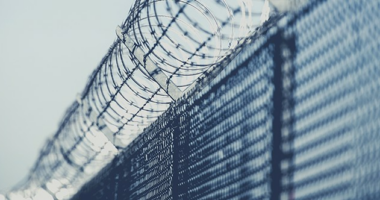Using a screen in bed for just one hour after lights out increases your risk of insomnia by a staggering 59 per cent, new research on thousands of university students has found.
Scientists from the Norwegian Institute of Public Health revealed that the type of phone activity, such as browsing social media, was less impactful on sleep quality compared to the duration of phone use before bed.
“The type of screen activity does not appear to matter as much as the overall time spent using screens in bed,” said Dr Gunnhild Johnsen Hjetland, lead author of the research.

Screen use is already thought to impact our sleep as notifications disturb our sleep and light exposure keeps us more awake.
The research surveyed 45,000 18 to 28-year-old Norwegian students and found that people who use their phone in bed are more likely to sleep less – and worse – regardless of what they are doing there.
The study suggested different screen activities affect wakefulness, and using screens in bed for just one hour could reduce the total time asleep by up to 24 minutes.

There were no significant findings of the interaction between the time spent using a screen and the choice of activity, suggesting that the activity itself didn’t affect the amount of time individuals stayed awake, rather, screentime displaced rest.
The research cautions that the direct impacts of some activities may vary. Likewise, sleep patterns and screen usage may be notably different globally.
Hjetland recommends that if you struggle to sleep and you suspect that screen time habits may be a factor, you should stop screen use in bed ideally by 30-60 minutes before sleep.
He also suggests you should consider disabling notifications to reduce the amount of disruptions during the night.







